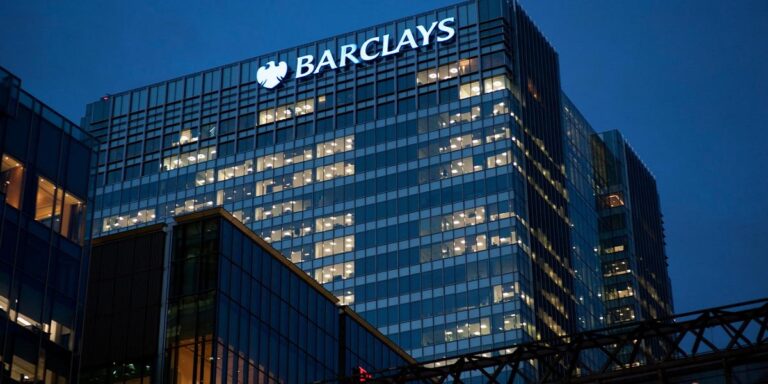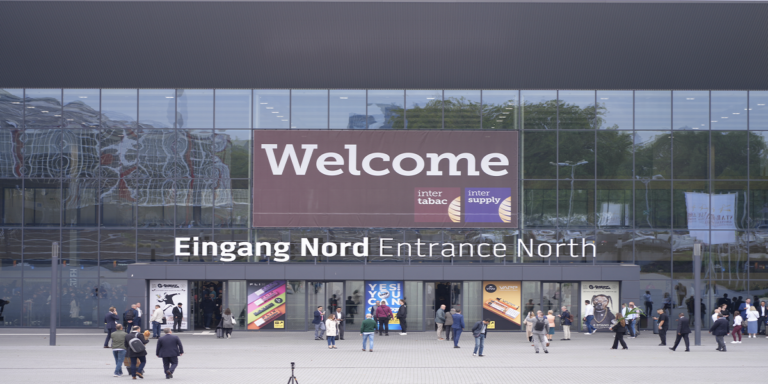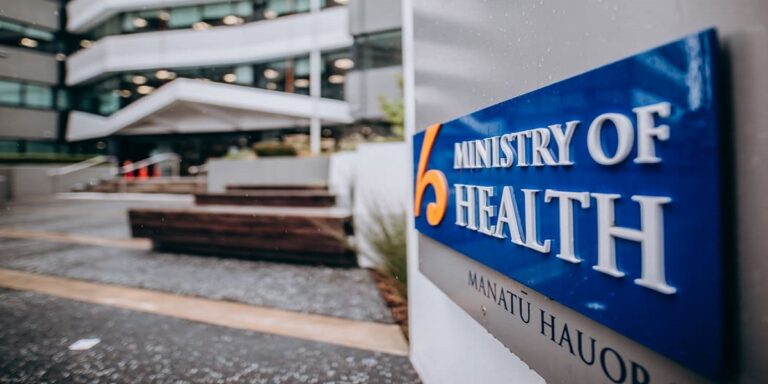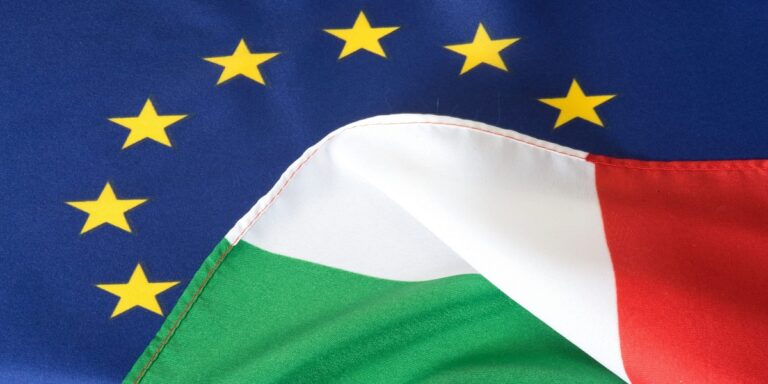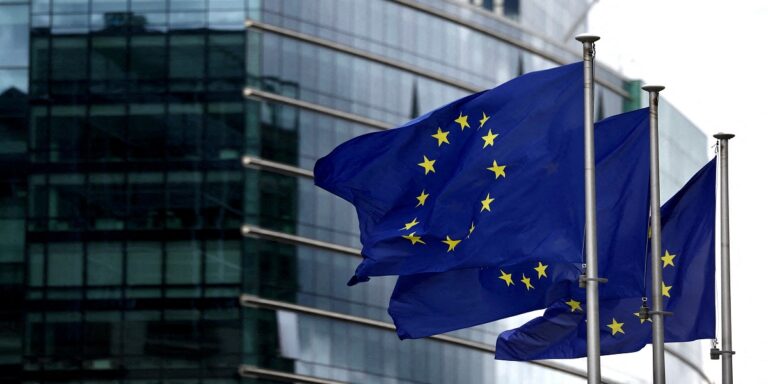As of July 25, 2024, the Brazilian Federal Highway Police (PRF) reported that the number of e-cigarettes seized in the first seven months of 2024 has already exceeded the total for the entire year of 2023. This surge in seizures has heightened concerns among law enforcement and agencies combating the illegal e-cigarette market in Brazil.
Seizure Statistics and Comparisons
2024 Seizure Data
The PRF has seized a total of 493,200 e-cigarettes nationwide as of July 24, 2024. Of these, 84.7% (417,700 units) were confiscated in Paraná state. This number is significantly higher compared to previous years:
- 2023: 230,100 e-cigarettes seized
- 2022: 51,200 e-cigarettes seized
Record Seizure Event
On the evening of July 23, 2024, the PRF conducted its largest e-cigarette seizure of the year in Vitorino, Paraná. A 30-year-old truck driver was arrested for transporting 129,000 e-cigarettes, with the cargo destined for Pato Branco after being loaded in Céu Azul.
Reasons Behind the Increase in Seizures
Geographic and Economic Factors
Fernando César Oliveira, Director of PRF Paraná, attributes the significant number of seizures in Paraná to its geographic proximity to Paraguay, a known source of smuggled goods, and the high profits associated with e-cigarette smuggling. Criminal gangs often use alternative routes to evade inspections and monitor law enforcement activities.
Organized Crime Involvement
Edson Vismona, president of the National Forum Against Piracy and Illegality (FNCP), highlighted that organized crime groups have monopolized the illegal e-cigarette market in Brazil. Despite the National Health Surveillance Agency (Anvisa) banning e-cigarette sales, these products remain readily available due to organized criminal operations.
Market Dynamics and Challenges
Price Disparity
In Ciudad del Este, Paraguay, e-cigarettes are sold for as little as $5 (about 28 reals), whereas in Brazil’s black market, prices range from 100 to 150 reals (approximately $17.6 to $26.5). This price disparity incentivizes smuggling and fuels the illegal market.
Enforcement Difficulties
Law enforcement faces significant challenges in combating e-cigarette smuggling due to the organized nature of the criminal networks involved. Smugglers often employ sophisticated methods to evade detection, making enforcement efforts more complex and resource-intensive.
Legal and Penal Implications
Penalties for Smuggling
Under Brazilian law, smuggling is punishable by two to five years in prison. Those caught selling or storing smuggled e-cigarettes face the same penalties. These stringent penalties aim to deter smuggling activities and uphold regulatory bans.
Role of Anvisa
Anvisa’s ban on e-cigarette sales is a critical regulatory measure aimed at protecting public health. However, the widespread availability of smuggled e-cigarettes indicates ongoing challenges in enforcement and market regulation.
Public and Industry Reactions
Health and Safety Concerns
Public health advocates express concern over the proliferation of smuggled e-cigarettes, which bypass safety regulations and pose potential health risks to consumers. There is a call for stronger enforcement and public awareness campaigns to combat the illegal market.
Industry Adjustments
Legitimate e-cigarette businesses in Brazil face difficulties competing with the black market. The industry’s regulatory compliance efforts are undermined by the widespread availability of cheaper, smuggled products.
Future Outlook and Strategies
Enhanced Monitoring and Coordination
The PRF and other law enforcement agencies are expected to enhance monitoring and coordination efforts to tackle e-cigarette smuggling more effectively. This includes leveraging technology, intelligence sharing, and increasing patrols in key smuggling corridors.
Policy and Regulatory Adjustments
Continuous evaluation and potential adjustments to policies and regulations may be necessary to address emerging challenges in the e-cigarette market. Strengthening cross-border cooperation with Paraguay and other neighboring countries will also be crucial.
Conclusion
The significant increase in e-cigarette seizures in Brazil during the first seven months of 2024 underscores the challenges faced by law enforcement in combating the illegal market. The involvement of organized crime, geographic factors, and economic incentives contribute to the complexity of this issue. As Brazil continues to enhance its enforcement strategies and regulatory measures, close monitoring and international cooperation will be essential to effectively address the smuggling of e-cigarettes and protect public health.
FAQs
Why have e-cigarette seizures increased significantly in 2024?
The increase is due to heightened enforcement efforts, geographic proximity to smuggling routes, and the high profits associated with e-cigarette smuggling.
What penalties do those caught smuggling e-cigarettes face in Brazil?
Smuggling is punishable by two to five years in prison, and those who sell or store smuggled products face the same penalties.
How do organized crime groups impact the illegal e-cigarette market?
Organized crime groups have monopolized the market, making it difficult for law enforcement to combat smuggling effectively due to their sophisticated evasion tactics.
What is the price difference between e-cigarettes in Paraguay and Brazil’s black market?
In Paraguay, e-cigarettes can be as cheap as $5, while in Brazil’s black market, prices range from 100 to 150 reals ($17.6 to $26.5).
What measures are being taken to combat e-cigarette smuggling in Brazil?
Measures include enhanced monitoring and coordination among law enforcement agencies, leveraging technology, and increasing patrols in key smuggling corridors.
What role does Anvisa play in regulating e-cigarettes?
Anvisa has banned the sale of e-cigarettes to protect public health, but enforcement challenges remain due to the widespread availability of smuggled products.












